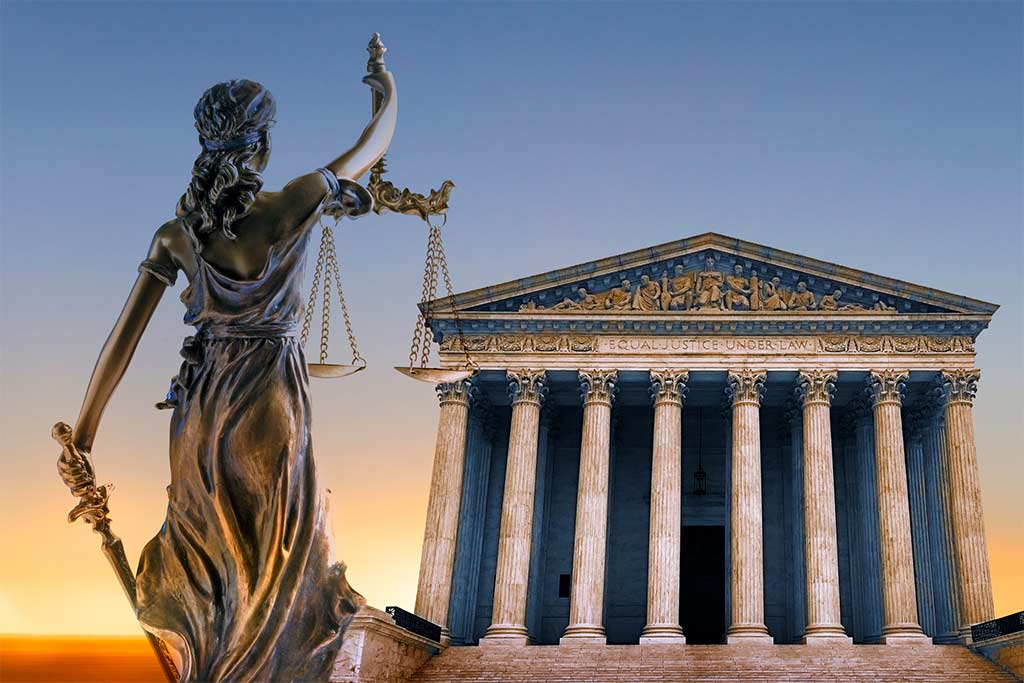By Mel Wilson, MBA, LCSW – NASW Senior Policy Adviser
Recent revelations of possible ethical violations by U.S. Supreme Court (SCOTUS) Justice Clarence Thomas ― as well as Justice Samuel Alito ― have led to calls for broad ethical and standards reforms for the court.
These ethical abuses include Justice Thomas’s friendship with real estate tycoon Harlan Crow resulting in him receiving unreported “gifts” from Crow that allowed Thomas to purchase a home for his mother and take expensive vacations. Crow also arranged for Thomas to participate in fundraising events with Republican donors.
Justice Samuel Alito is also an example of the absence of ethical oversight within SCOTUS. The report of his acceptance of luxury travel paid for by billionaire Paul Singer mimics behavior identified with Thomas. Alito’s transgression was compounded by his public disdain of even the thought that SCOTUS should be required to adopt a formal code of ethics ― as evidenced by Alito’s bogus insistence that Congress does not have the power to impose mandatory oversight of the on- and off-the-bench conduct of justices.
Beyond the conduct of Thomas and Alito, there is a more troubling environment in which their behavior subsists. That environment is one where would-be autocrats believe their behavior is above the rules and laws that other people must adhere to. These are the same values that are becoming normalized within the ecosystem of the far-right MAGA world.
In many ways, the act of a high official accepting expensive gifts from rich benefactors ― which is not new― is a secondary issue. The primary worry is the irreparable harm a self-righteousness and power-driven political culture can do to a Supreme Court that we have long touted as a shining part of our democracy’s system of checks and balances.
Thomas and Alito’s improprieties reinforce a growing negative impression that Americans have about SCOTUS. There has been a steady shift in public opinion regarding SCOTUS’s integrity and the public’s growing perception that the Court favors those in power over the average American. All of which begins to call into question whether SCOTUS is reneging on its duty to render fair and equal justice for all Americans, regardless of wealth or station in life.
Social workers and many other non-legal professionals view the Supreme Court from a distance ―far removed from the grassroots, everyday life of the clients they serve. Therefore, ethical oversight of SCOTUS is not high on their list of issues to fret over. But the truth is that the legal decisions SCOTUS makes year end and year out affect human and civil rights and economic and environmental justice. That is as grassroots as it gets.
The intersection of SCOTUS actions and the social welfare of marginalized Americans is unmistakable. As the SCOTUS begins its 2024-25 session, the social work profession must demand the justices serving on our nation’s highest court live by ethical standards far above those of the average citizen.
If the absence of formal ethical guidelines leads to justices clearly crossing the line – as in the cases of Justices Thomas and Alito – Chief Justice John Roberts is obliged to work with Congress to develop and implement such standards.
Hundreds of lower federal court judges are already required to follow ethical standards. The SCOTUS justices are no better than them.




